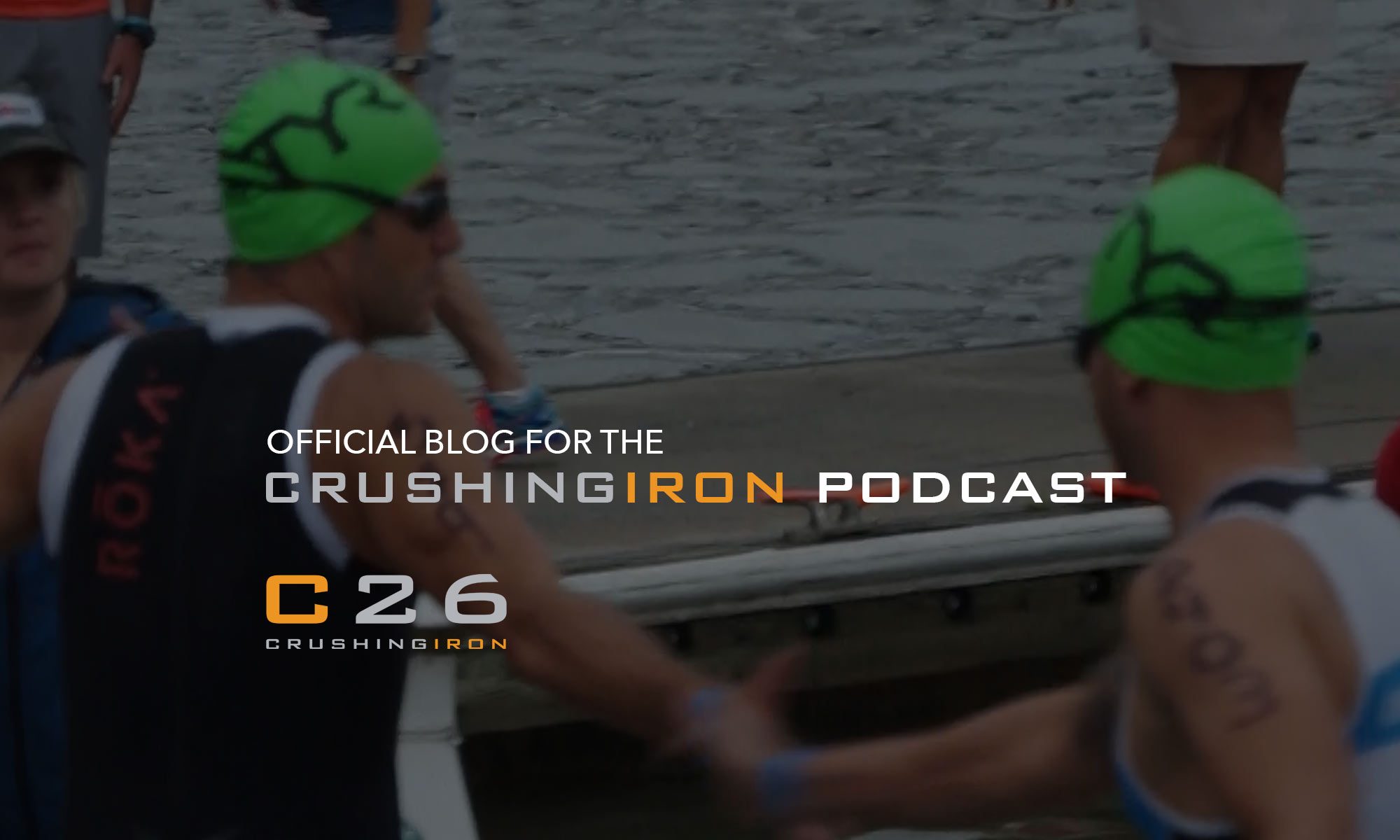The morning after Ironman Wisconsin I laid in bed and took inventory. I lifted my arms, circled my ankles, and stretched my legs. I’d never done anything remotely close to 140.6 miles, and getting out of bed scared the shit out of me.
I sat on the edge looking down at the floor for about 5 minutes. Should I try to walk, or just fall to my knees and crawl to the bathroom? I decided to trust my legs, and what happened next was just short of remarkable.
Other than stabbing heel pain and a general tenderness, I felt fine. Sure, I moved slowly, but that’s no different than most mornings. I was physically drained, but the very next day I felt great swimming a 1,000 meters in Turtle Lake. It’s just weird, and quite amazing, how much the body can handle.
This brings me back to Sunday in New Orleans.
From mile one of the run, I felt like my body was done, cooked, stewed in a Cajun goulash. I just “couldn’t” run the entire 13.1 miles. I was weak, battered, beaten. But somehow, I completely ran the last 4 miles after intermittent walk/runs. Then came the morning.
It felt exactly like Wisconsin. I limped toward the bathroom, but after 10 minutes, I was fine. I walked all over New Orleans that day and the only tough part was getting up after sitting a while.
On Tuesday I drove 8 hours back to Nashville and was full of energy that night. I literally forgot I had just raced a Half Ironman.
All of this got me thinking.
Obviously my body was “ready” for 70.3 miles, but somewhere in there my mind convinced me it wasn’t. I couldn’t find a “reason” to push through the pain. I think a lot of it had to do with the fact that I hadn’t been writing about training much. I hadn’t been thinking about how I would deal with the stress of the race, or why I wanted to do it in the first place.
I was also training alone. I didn’t surround myself with like minded people to inspire and push me. Group training is great for accountability, but I think its biggest advantage comes from keeping your head straight. It creates mental momentum and helps you believe. It’s very hard to live alone on an island.
Moving forward, I have two commitments to make. One is writing more, the other is working out with friends and groups. So much of this is mental and if you try tackling a full or half Ironman without being focused, you are sunk.
Don’t get me wrong, there are hundreds of variables regarding recovery that include nutrition, rest, training, etc, but I think most of us can get a huge advantage from simply being mentally prepared for what you’ll face before, during, and after the race.
The day after Ironman New Orleans, I joined my mom and her friends for a paddle boat ride. I sat in peace, gazing at the swirling water, taking in the glory of the Mighty Mississippi. But I kept having a strange thought, what would happen if the boat sank?
Hysteria.
Hundreds of people scrambling for their lives. I calculated the distance to the shore, and plotted how I would save those around me. Hauling one on each leg like a pull buoy, using the current to guide us to the nearest plot of land. It gave me an eery confidence. I had a plan and felt good about it. I visualized what it would take, and I was ready.
We would not sink.




